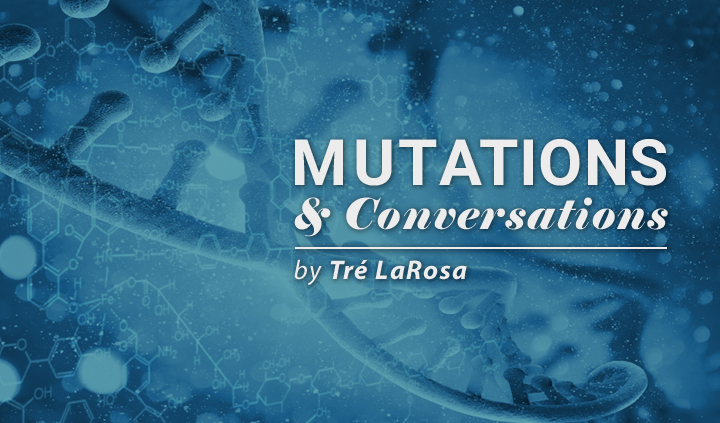The Resiliency of the Human Spirit
Written by |

Few phenomena fascinate me more than human happiness. So often we get caught up in the idea that we would be happier if so-and-so happened. I’m sure I won’t be the first to tell you that the grass ain’t always greener on the other side.
This idea is known as the hedonic treadmill or the satisfaction treadmill. The study most commonly cited examined lottery winners and accident victims. The intention was to look at two groups — one where something good (winning the lottery) happened and one where something bad (becoming paralyzed in an accident) happened — and their respective happiness 18 months after the event occurred. The study concluded that while lottery winners reported higher overall happiness, accident victims “gain[ed] more happiness from … everyday pleasures than the lottery winners.”
As somebody who lives with a chronic disease, I’m not comfortable with the presumption that a disabled life is one less worthy. But this study forces us to examine an important aspect of life.
Life is a journey of hills and valleys ebbing and flowing every which direction. Some days are filled with small victories, while others begin with us repeatedly hitting the snooze alarm. We all have a baseline of happiness, and we likely don’t notice it shifting until months later.
When we reflect on the worst times of our lives, most of us are still able to recall positive experiences. In hindsight, we realize that it wasn’t as bad as we thought.
The human spirit is as resilient as anything in the world. When we go through difficult times, it can be hard to imagine that we will find happiness again. And in a moment of sheer joy — hiking a mountain or enjoying the sunset with a romantic partner — we don’t think about the drudgery of a Monday morning commute.
Humans are a lot of things, but we’re not necessarily rational. We may rationalize aspects of the world, like how our behavior affects others, or whether we’re doing well at work. But that doesn’t mean we understand our emotions to the degree that we believe we do.
When you consider the results of the study about accident victims and lottery winners, there are two ways to look at it. The cynical perspective: Humans will never be happy, even if we win the lottery and receive an eye-popping sum of money. Or the rosier perspective: Even after life-altering tragedy, humans self-report above-average happiness and regard everyday pleasures more positively than people who have won the lottery. I think we should put more emphasis on the latter.
There is no doubt that we are all one terrible phone call or accident away from a different life. We can allow fear to control our lives, or we can live according to hope and appreciate what brings us joy.
Even through the worst of my depression, these strategies (with the assistance of prescribed medication) helped me to remember that life is worth living. Our spirits are resilient, and maybe the best part is that resiliency is a skill we can actively work on ourselves.
Today, I hope you view life as beautiful. Because it is. Even in the midst of chronic disease and tragedy.
Follow along with my other writings on my humbly named site, www.trelarosa.com.
***
Note: Cystic Fibrosis News Today is strictly a news and information website about the disease. It does not provide medical advice, diagnosis, or treatment. This content is not intended to be a substitute for professional medical advice, diagnosis, or treatment. Always seek the advice of your physician or other qualified health provider with any questions you may have regarding a medical condition. Never disregard professional medical advice or delay in seeking it because of something you have read on this website. The opinions expressed in this column are not those of Cystic Fibrosis News Today, or its parent company, Bionews Services, and are intended to spark discussion about issues pertaining to cystic fibrosis.







Leave a comment
Fill in the required fields to post. Your email address will not be published.